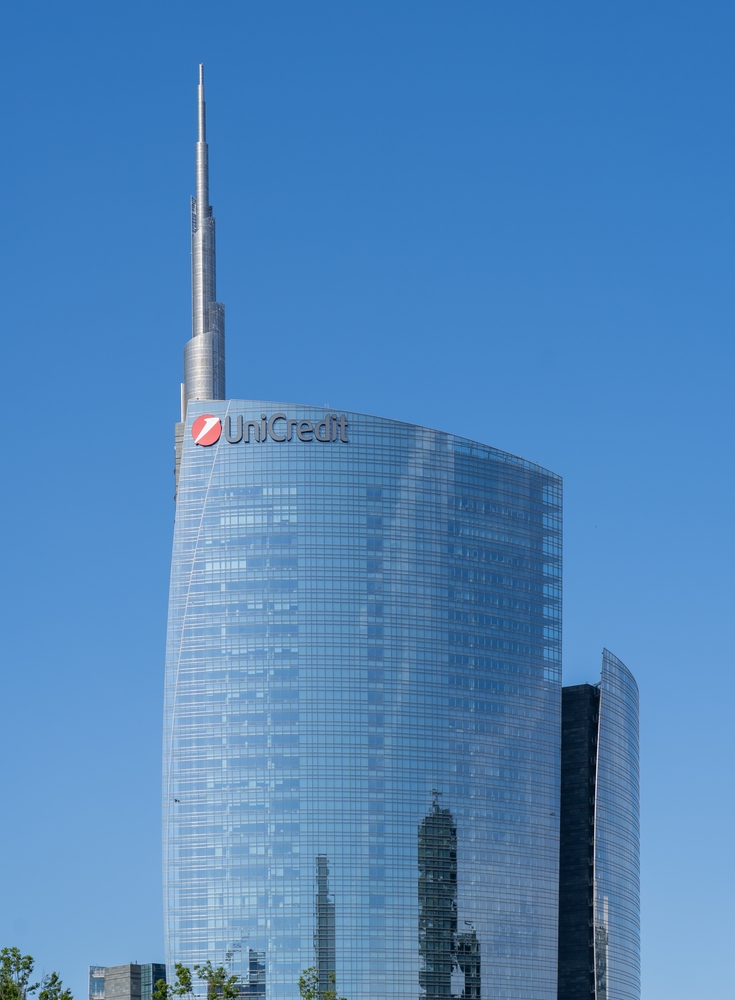Every time the topic of banks arises, it sparks heated debate. This is largely because, as a society and within ourselves, we haven’t decided what banks truly represent. Are they private companies driven by the logic and vision of the corporate world? Or are they extensions of public welfare, a surrogate for our desires (credit) and fears (savings)? Italians, who frequently complain about the money they lack, are paradoxically among the wealthiest globally, ranking second in bank deposits worldwide. They are the proverbial ants of a bygone era, clinging to savings while banking experts struggle to advocate for reinvesting funds in productive ventures.
The latest controversy revolves around UniCredit’s potential acquisition of BPM, the Milan-based Banca Popolare di Milano. The debate in Italy is polarized: some argue that the laws of the market are sacrosanct, while others insist that political authorities must intervene to safeguard “Italianness” and protect jobs. This is a simplification, of course—the argument is far more complex. But the core question remains unchanged: are banks mere businesses that buy, sell, merge, and operate like any other company, or do they have a responsibility to uphold public ethics and values?
The same question arose during discussions about windfall profits—gains not born of skill but of the ECB’s erratic policies—without reaching any resolution. And this time, as the controversy rages on, UniCredit will likely acquire BPM regardless. In the end, it’s all about money. That’s the way it is.


